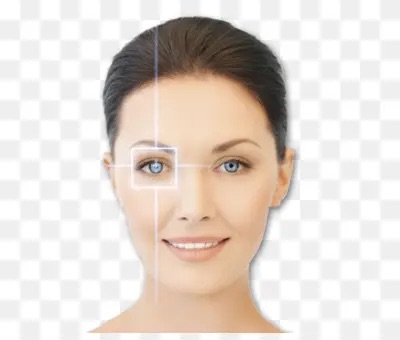
The Science Behind Facial Features and Intelligence
Can facial features reveal insights into intelligence? Researchers have long debated whether there is a connection between facial structure and cognitive abilities. Some studies suggest that symmetry, eye movement, and facial expressions may provide subtle clues about intellectual capabilities.
Facial symmetry has often been linked to genetic fitness, which some believe correlates with intelligence. Additionally, rapid eye movement and micro-expressions can indicate cognitive processing speed. AI-based facial recognition tools analyze these factors by mapping facial landmarks and tracking patterns of movement.
However, intelligence is a multifaceted trait influenced by genetics, environment, and education. While facial analysis may detect certain patterns, it cannot replace traditional IQ assessments. The science behind facial intelligence detection is still in its early stages, requiring more research and validation.
AI-driven facial analysis is an exciting field, but it should be used cautiously. Ethical considerations, such as bias in AI models and privacy concerns, must be addressed before these tools gain widespread acceptance. Nonetheless, the potential to combine facial recognition with cognitive assessments offers intriguing possibilities for future research.





